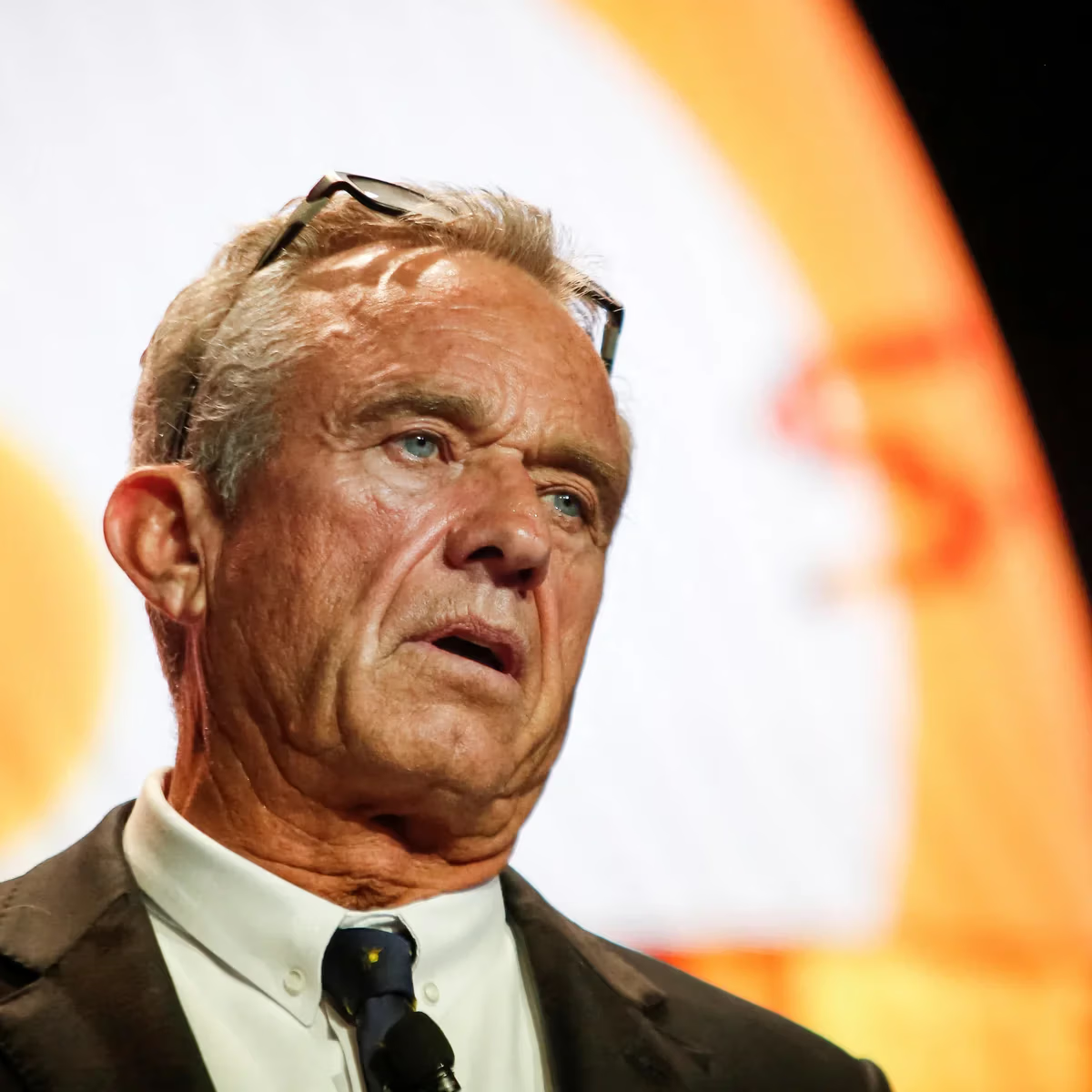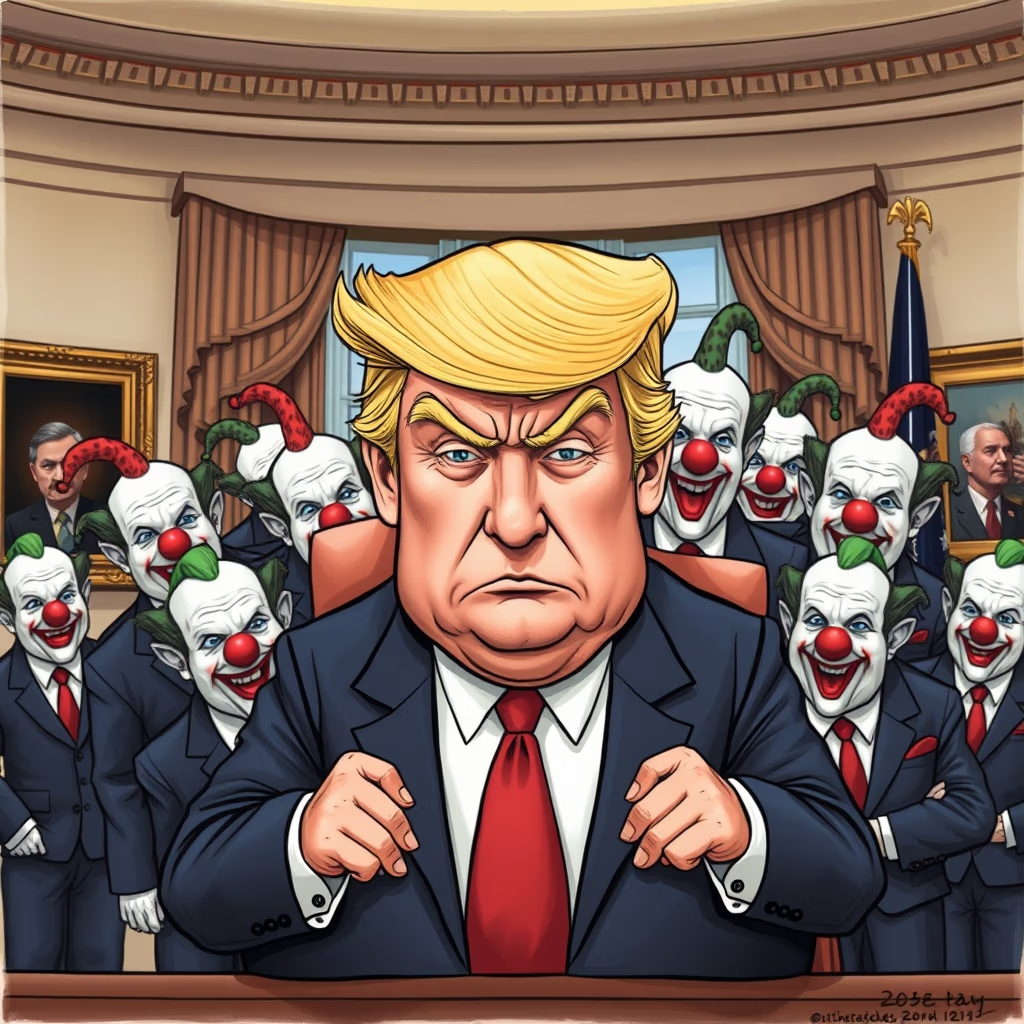Robert F. Kennedy Jr.’s transformation from environmental lawyer to controversial presidential candidate represents one of the most striking political evolutions in recent American history. His journey from Democratic dynasty heir to anti-establishment figure illuminates broader shifts in American political culture, while raising troubling questions about the intersection of celebrity, conspiracy theories, and democratic discourse.
Born into one of America’s most prominent political families, Kennedy initially carved out a respected niche as an environmental attorney. His work with Riverkeeper and the Natural Resources Defense Council earned acclaim, successfully targeting corporate polluters and advocating for environmental protection. This early phase of his career appeared to align with his family’s traditional Democratic values and public service legacy.
However, Kennedy’s pivot toward controversial medical positions marked the beginning of a dramatic ideological transformation. His 2005 Rolling Stone article suggesting links between vaccines and autism, though extensively criticized and later retracted, established a pattern of promoting scientifically discredited theories under the banner of “questioning authority.” This tendency intensified during the COVID-19 pandemic, when Kennedy emerged as one of the most prominent voices in the anti-vaccine movement.
His 2024 presidential campaign has revealed the full extent of his ideological evolution. Initially challenging President Biden for the Democratic nomination, Kennedy’s positions increasingly aligned with right-wing narratives, leading to his eventual run as an independent. His campaign rhetoric has embraced an array of controversial stances that mark a stark departure from both mainstream Democratic positions and his family’s political legacy:
On public health, Kennedy has maintained and expanded his anti-vaccine advocacy, suggesting without evidence that vaccines are linked to numerous medical conditions. His organization, Children’s Health Defense, has been criticized by public health experts for spreading misinformation that undermines crucial vaccination programs. Social media platforms have repeatedly restricted his accounts for promoting unsubstantiated medical claims.
His foreign policy positions have drawn particular scrutiny. Kennedy has promoted alternative theories about the CIA’s role in his uncle’s assassination, suggested that COVID-19 was engineered to spare Jewish and Chinese people, and advanced controversial narratives about Ukraine that align with Russian state media positions. These stances have earned praise from figures like Tucker Carlson while alarming national security experts.
Kennedy’s relationship with Donald Trump reveals complex political dynamics. Despite their seemingly opposite political origins, both have embraced similar anti-establishment narratives and conspiracy theories. Trump has publicly praised Kennedy’s campaign, leading to speculation about potential coordination to siphon Democratic votes. Their shared skepticism of vaccines, mainstream media, and traditional political institutions highlights how anti-establishment positions can transcend traditional political boundaries.
Environmental advocates have expressed particular dismay at Kennedy’s evolution, noting how his current positions often contradict his earlier environmental work. His recent questioning of climate change science and criticism of renewable energy initiatives represents a dramatic departure from his previous advocacy.
Critics within the Kennedy family have taken the extraordinary step of publicly denouncing his candidacy. His sister Kerry Kennedy described his presidential run as “dangerous to our country,” while other family members have criticized his use of the Kennedy name to promote views they consider harmful to public health and democratic institutions.
Supporters argue that Kennedy represents necessary skepticism toward institutional power, presenting him as a truth-teller willing to challenge established narratives. However, fact-checkers and subject matter experts consistently find his claims lack substantiation, raising concerns about the impact of celebrity-driven misinformation on public discourse.
Kennedy’s campaign has demonstrated considerable fundraising ability, particularly from donors associated with alternative health products and anti-vaccine advocacy. This financial support, combined with his family name recognition, has enabled him to maintain a significant public platform despite widespread criticism from mainstream political figures and media outlets.
His candidacy raises troubling questions about the role of celebrity in American politics and the increasing prominence of conspiracy theories in political discourse. Kennedy’s ability to leverage his family name and environmental credentials to promote scientifically discredited views demonstrates how personal credibility in one area can be used to advance unrelated and potentially harmful positions in others.
More broadly, Kennedy’s political evolution reflects deeper currents in American political culture: the erosion of trust in traditional institutions, the growing influence of alternative media ecosystems, and the increasing convergence of left and right-wing anti-establishment narratives. His campaign serves as a case study in how personal celebrity, family legacy, and controversial positions can create a potent political mixture in the current media environment.










